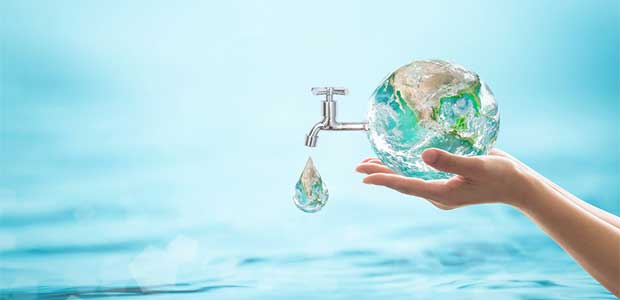
Energy Efficiency Efforts Suffer the Rebound Effect
As increased energy consumption cancels increased energy efficiency efforts, the future of global water sources seem to be taking a different path.
Since about 2012, scientists have been considering one particular “quirk” in energy efficiency and consumption trends: the “rebound effect” or “rebound dilemma.” It’s a process of canceling out, and as efforts increase energy efficiency, citizens consume more, and no real improvement is won.
Klaus Reichardt, CEO and founder of Waterless Co, Inc, pulls from many energy examples and studies to give readers two takeaways: nearly every energy source is undergoing some rebound effect, and water is not one of them.
Take LED lights: more and more lighting technologies like LEDS have been installed all over, helping to reduce the amount of energy used by each fixture when compared to original lightbulbs. Well, not quite. One study in a high-rise apartment in Chicago proved that while efficient lighting did use less energy and illumination improved, the expected power savings never materialized.
The “rebound effect” is a sustainability paradox; consumers recognize new technologies’ efficiency and therefore consume more energy. In the case of the lightbulbs, the Chicago company used more LED efficient lightbulbs than previous lesser-efficient bulbs, and the energy savings are minimal. Another set of data about U.S. homes suggests the same effect: homes built within the last thirty years are indeed more energy efficient than older ones, but many newer homes have a bigger square footage than older ones, and just about the same energy is consumed. Energy efficiency, though tangible, is harder to execute.
“One underlying cause of the rebound effect is that most businesses and consumers in North America do not feel compelled to use less energy or fuel. It's relatively cheap and plentiful here, and consumers are using it whether efficiency updates have been implemented in their facilities or not,” says Reichardt.
One exception to this is water. Reichardt notes that most of the world is aware that water is increasingly precious and scarce. As newer technologies are using less water, and so are consumers. The rebound effect is not materializing when it comes to water efficiency. For now, at least.
For more information on Klaus Reichardt, Waterless Co, Inc, his other articles on water efficiency, or his efforts as a writer, presenter, and water conservationist, you can reach him at [email protected].